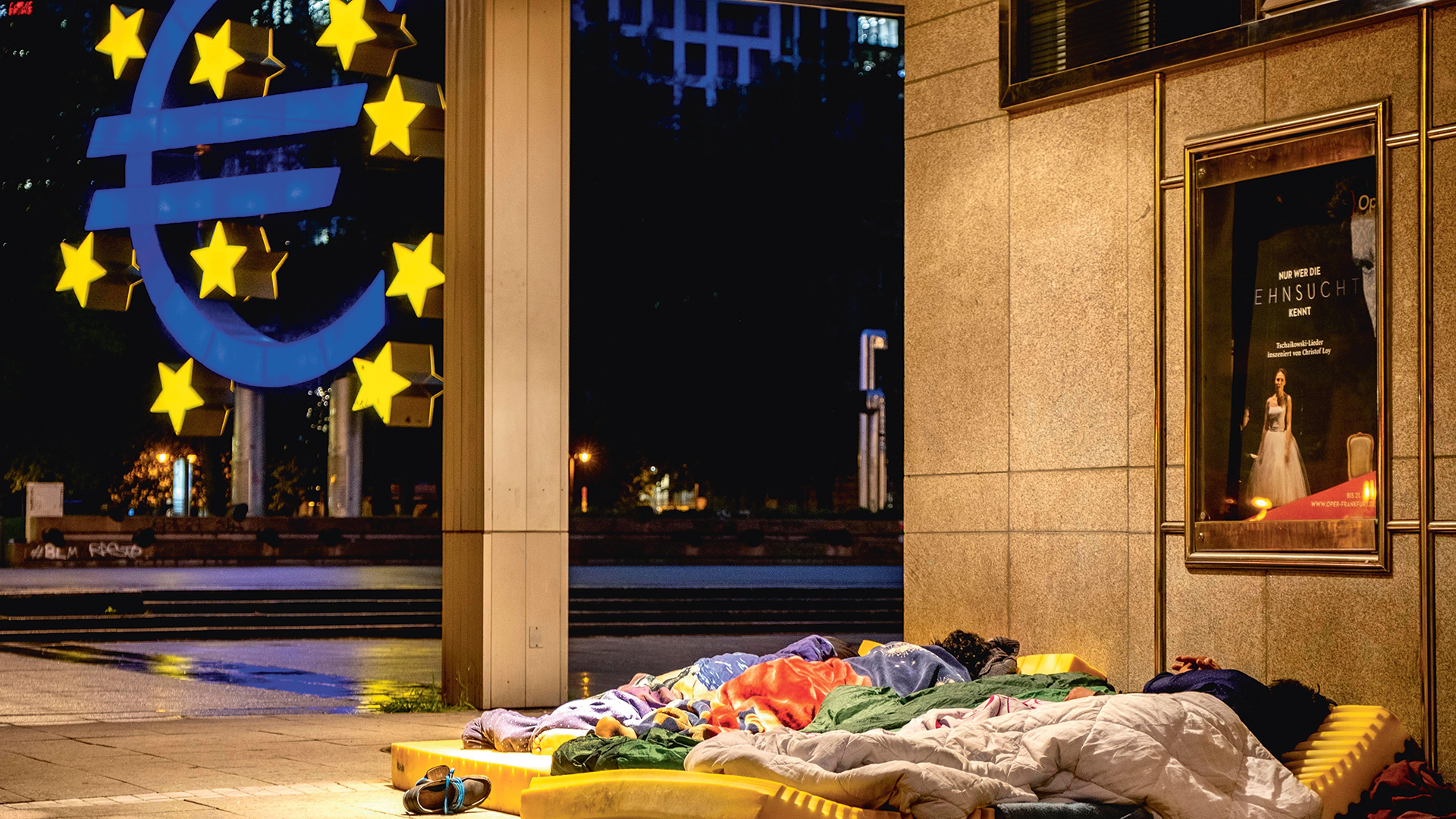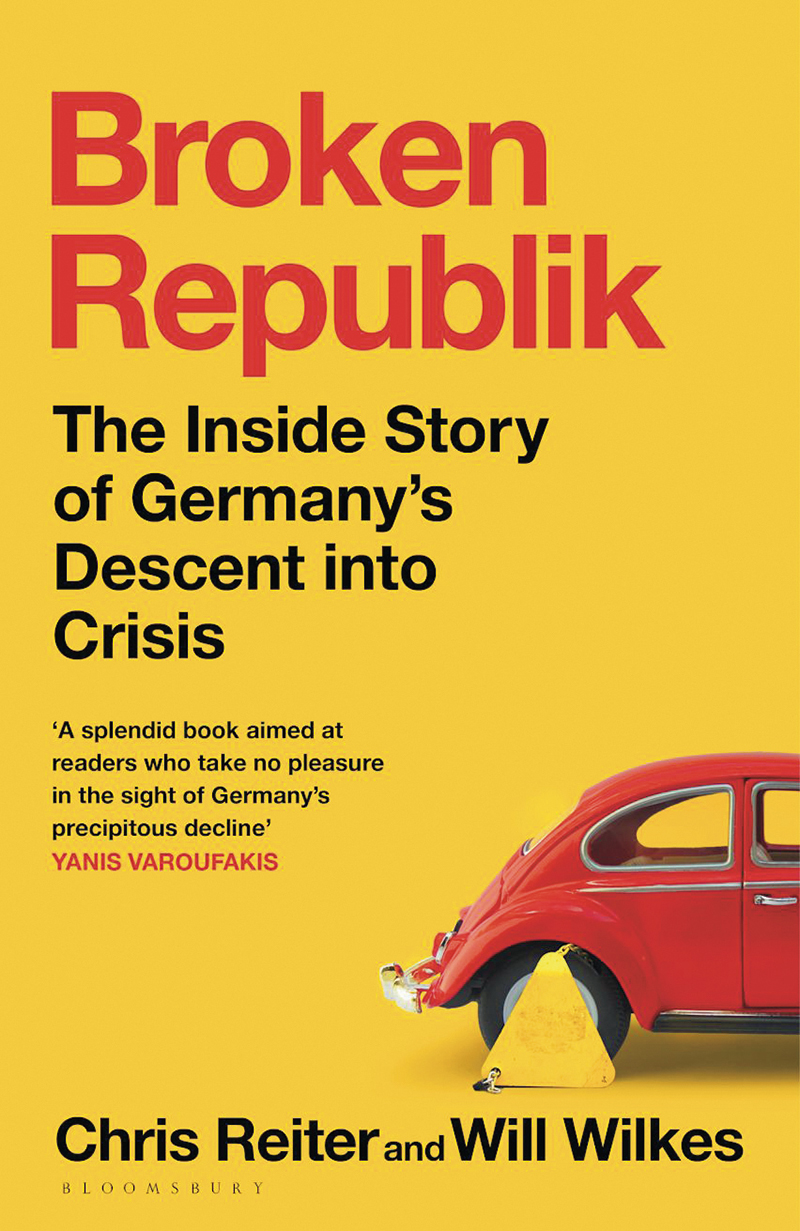Trudging through Frankfurt’s infamous train station district, Alaleh Bergmann pulls a wagon piled high with food and warm clothing. As winter bites, she hands out essentials to those Germany’s welfare system has left behind. Nowhere is Germany’s social divide starker than in central Frankfurt. Just blocks from its powerful banks and glass-clad office towers, people sift through bins for plastic bottles to exchange for a few cents. A towering euro symbol, a tourist favourite, serves as a bitter landmark for those barely scraping by.
“You can see that the people here are getting younger and younger,” said Bergmann, who started Hilfe mit Herz (Help with Heart) in 2020 in memory of her father who worked with disadvantaged people. “People are sick, traumatised and the city has lost control.”
- Germany’s extreme right profited from economic decline. Keir Starmer should take note
- Euro 2024 shows why Germany is much more than beer, bratwurst and lederhosen
- Brits pay way more for housing, transport and alcohol than our European neighbours – here’s why
The bankers and lawyers that keep German commerce humming rush past people in this downtrodden part of the city. Struggling in the seedy shadows of skyscrapers are drug addicts and sex workers. They are the living signs of Germany’s fraying social contract, based on egalitarian aspirations. It may never have been fulfilled, but the postwar political slogan Wohlstand für Alle (prosperity for all) has become a cruel joke. Germany’s yawning inequalities are a major theme in Broken Republik (published in Germany as Totally Kaputt?). It lays bare the forces gnawing at Germany’s social fabric and the cracks politicians have failed to mend.
Though still affluent, Germany has some of the worst wealth inequality in Europe. That’s destabilising because shared prosperity was central to Germany’s postwar rebirth. The country never promised opportunity, but it did strive for security. With that gone, the bonds holding the nation together are loosening, opening the door to nationalism.
The 23 February election exposed the cost of unmet promises. While conservatives won, returning the Christian Democratic Union (Angela Merkel’s former party) to power, stability is gone. Anxiety helped fuel a far-right surge, with one in five voting for the right-wing populist AfD (Alternative for Germany). CDU leader Friedrich Merz, the likely next chancellor, tried to ape the far-right on migration but now must govern with the SPD (Social Democratic Party). The centre-left party’s failure on social justice led to its worst result since the 19th century. Deepening fragmentation will make it harder to form a stable government, let alone deliver desperately needed reforms. It may be the mainstream’s last chance to save Germany from an ascendant far-right.
Get the latest news and insight into how the Big Issue magazine is made by signing up for the Inside Big Issue newsletter






